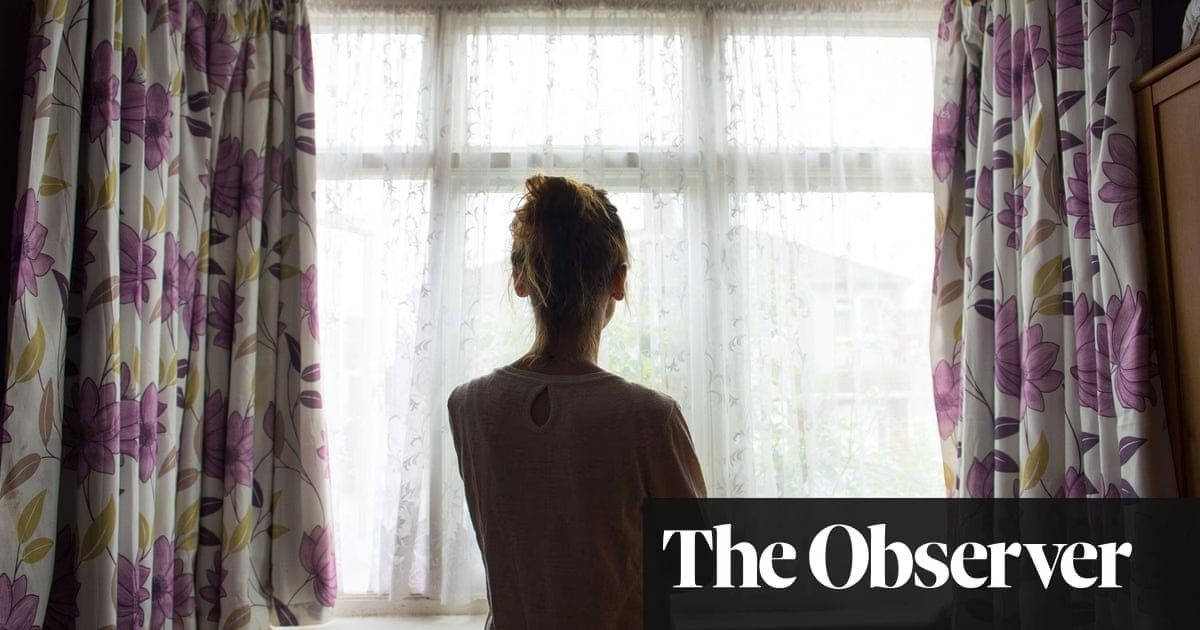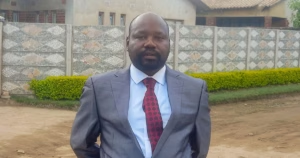Thousands of individuals victimized by trafficking have refused the government’s support, often out of fear for authority figures or deportation, as reported by lawyers.
In the previous year, nearly 6,000 victims of human trafficking declined the support offered by the National Referral Mechanism (NRM), a system designed for identifying and supporting victims of modern slavery. This data stems from research conducted by the British Institute for International and Comparative Law and the Human Trafficking Foundation at the University of Oxford. Reasons for this refusal varied and included fear of traffickers, receiving assistance from other sources, the desire to move past the trauma of trafficking, and hesitancy in engaging with UK authorities.
Over 19,000 referrals were made to the NRM in the last year, but the number of individuals referred as victims who were initially refused has increased by 290% in two years, rising from 12% in 2022 to 47% in 2024, according to research from After Exploitation. Additionally, from January 2021 to May 2024, out of 51,193 modern slavery cases reported to the Home Office, only 133 victims applied for compensation.
Home Office Freedom of Information data revealed that thousands of trafficking victims from Albania and Vietnam were returned to their home countries after engaging with the NRM, indicating a mix of voluntary and enforced returns. Between January 2020 and September 2023, 2,427 trafficking victims were returned to Albania and Vietnam, all of whom had been officially recognized as trafficking victims.
Liz Williams, the head of policy impact at the Modern Slavery and Human Rights Policy and Evidence Centre, expressed concern over the nearly 6,000 individuals who chose not to pursue statutory support, indicating a system that is under pressure and plagued by low trust in authorities.
The Modern Slavery Act, which has now celebrated its tenth anniversary, was introduced by Theresa May, the former prime minister. However, Craig Murray MP has criticized the current state of the NRM, noting the significant backlog and processing delays averaging 831 days per case.
Safeguarding minister Jess Phillips has announced the appointment of 100 new staff members to help clear the NRM backlog, with a goal of eliminating it by December 2026.
Esme Madill, a solicitor from Migrant & Refugee Children’s Legal Unit, highlighted the issue of re-trafficking among victims, especially those returned to Albania. She stated that the government’s approach to returning Albanian victims is causing harm and that these victims lack confidence that UK authorities will ensure their safety.
A report from the House of Lords on the Modern Slavery Act revealed that only 2% of victims see their traffickers prosecuted, and research from the Modern Slavery and Human Rights Policy and Evidence Centre suggests there might be more trafficking victims than perpetrators in prisons.
Williams called for a new strategy with a focus on prevention and addressing factors that increase susceptibility to exploitation. The Home Office responded by stating their commitment to eliminating the NRM backlog and ensuring that asylum seekers who are genuine victims of modern slavery are treated with care and are not returned to harm.
Source: https://www.theguardian.com/world/2025/apr/13/trafficking-victims-rejecting-uk-government-support-because-they-fear-being-deported








